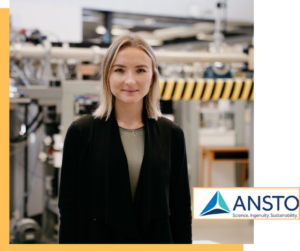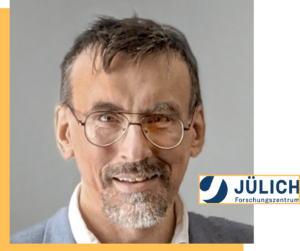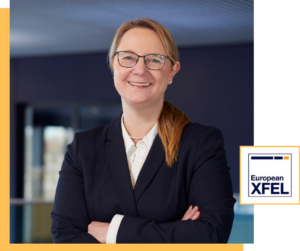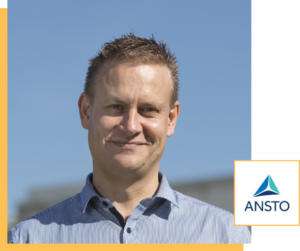Session 12: Atomic-scale insight with global-scale research infrastructure for exploration and discovery
Wednesday, 4th December 10.00AM AEST | Plenary session
In this panel session we’ll hear from major global research infrastructures (RIs) that are at the forefront of scientific exploration and discovery, from probing the origins of the universe to addressing critical challenges on Earth. Focusing on synchrotrons, lasers, neutron sources, and electron microscopy, we will explore how these large-scale facilities are collaborating internationally to push scientific boundaries and knowledge frontiers.
We’ll also discuss the enabling policies and emerging technologies that will take us to the next level in driving innovative research emerging from these collaborations. We’ll address the challenges of sustaining funding, retaining and attracting talent, and maintaining relevance in a rapidly evolving scientific landscape.
Join us to learn how these RIs are shaping the future of science and contributing to global solutions.

Moderator
Dr Ceri Brenner is the Director of Australian Nuclear Science and Technology Organisation’s (ANSTO) Centre for Accelerator Science, a national user facility just outside of Sydney, Australia, housing 4 particle accelerators, 12 beamlines, and 12 highly specialised sample preparation laboratories, supported by the Australian Government’s National Collaborative Research Infrastructure Strategy. She moved to Australia to join ANSTO in early 2021, after 9 years at the UK Research and Innovation’s Central Laser Facility in the UK as a laser-plasma physicist and group leader for Industry Partnerships and Innovation. Before this she had completed her PhD in laser-based ion acceleration in 2012.

Panellist
Professor Rafal Dunin-Borkowski is co-Director of the Ernst Ruska-Centre for Microscopy and Spectroscopy with Electrons in Forschungszentrum Jülich, Germany. He is also the spokesperson of the European Distributed Research Infrastructure for Advanced Electron Microscopy (e-DREAM), a not-for-profit initiative formed to promote cooperation between European-level advanced electron microscopy infrastructure providers, collaborative research and transnational user programmes.

Panellist
Dr Nicole Elleuche is Managing Director of European X-Ray Free-Electron Laser Facility GmbH (European XFEL). She oversees more than 500 professionals from 60 countries, managing a 150-million-euro budget. Nicole’s background includes executive board roles in German research institutes and as scientific advisor for the UN in Geneva. She has a strong scientific foundation as a molecular biologist, postdoctoral experience in the USA, and holds an MBA in Science and Research Management. Nicole actively serves on various advisory and review boards, demonstrating her commitment to advancing scientific research and innovation.

Panellist
Dr Jamie Schulz is the Director of the Australian Centre for Neutron Scattering (ACNS) at the Australian Nuclear Science and Technology Organisation (ANSTO). ACNS uses neutrons from Australia’s multi-purpose research reactor, OPAL, to solve complex research questions and industrial problems for Australian and International users. Neutron scattering techniques allow the structure and dynamics materials to be determined, permitting scientists and industry to understand why materials have the properties they do, and helping tailor new materials, devices and systems. The ACNS operates 15 neutron beam instruments which are utilised in excess of 600 Australian and international researchers each year.
We acknowledge the Traditional Owners of the lands and waters throughout Australia, and pay respect to the Elders past, present and emerging. We recognise the importance of connection to culture, land, kinship and community to the health and wellbeing of Aboriginal & Torres Strait Islander families. We acknowledge the cultural practices and traditions still carried out today and being passed down to future generations.


